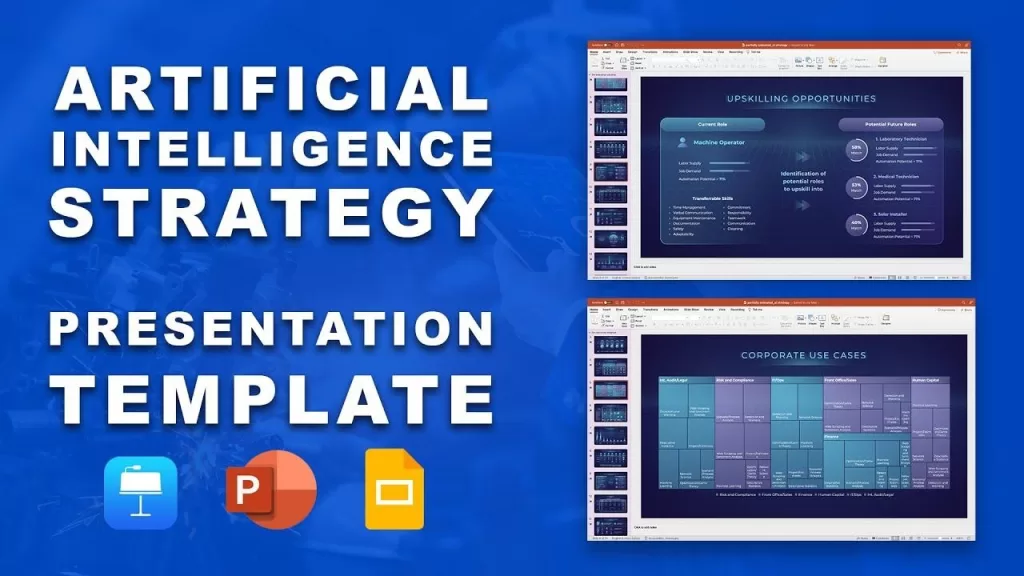Effective AI planning is the cornerstone of any successful artificial intelligence project. It’s the strategic blueprint that guides the development, deployment, and optimization of AI solutions. In this article, we delve into the essential tips and tricks that can elevate your AI planning to new heights.
Clear Objectives and Scope
The first step in AI planning is defining clear objectives and scope. What do you aim to achieve with your AI project? What are the boundaries of its functionality? Having a well-defined scope ensures that your efforts are focused and that you don’t stray into uncharted territory.
Data Quality Matters
High-quality data is the lifeblood of any AI system. Ensuring that your training data is accurate, relevant, and comprehensive is critical. AI planning should involve data collection, cleaning, and validation processes to guarantee the robustness of your AI model.
Model Selection and Architecture
Choosing the right AI model and architecture is pivotal. The complexity of your task and the nature of your data will dictate whether you opt for a convolutional neural network (CNN), recurrent neural network (RNN), or some other model. Your AI planning should include an in-depth evaluation of these options.
Testing and Validation Strategies
Testing and validation are integral components of AI planning. Implement rigorous testing strategies, such as cross-validation and split-sample testing, to assess your model’s performance. Validation helps you identify issues, fine-tune hyperparameters, and optimize the AI system.
Ethical Considerations
AI planning should address ethical considerations. AI systems can inadvertently perpetuate bias or infringe on privacy. As such, planning should include measures to mitigate bias, ensure fairness, and maintain data privacy and security.
Resource Allocation
Efficient allocation of resources is vital in AI planning. This encompasses not only financial resources but also the human capital and infrastructure required for AI development. Consider the hardware and software needed to run AI models effectively.
Continuous Monitoring and Improvement
AI is a dynamic field, and your AI planning should include provisions for continuous monitoring and improvement. Regularly evaluate model performance, gather user feedback, and implement updates to keep your AI system relevant and effective.
Interdisciplinary Collaboration
AI projects benefit from interdisciplinary collaboration. Your AI planning should encourage communication and collaboration between data scientists, domain experts, and software engineers. This convergence of skills can lead to more holistic and successful AI solutions.
Security Measures
Security is paramount in AI planning. AI systems can be vulnerable to attacks, and it’s crucial to consider cybersecurity measures. Implement encryption, authentication, and access control to protect both your AI models and the data they process.
Documentation and Knowledge Sharing
Effective AI planning includes thorough documentation. Record the details of your AI project, including data sources, preprocessing steps, model architecture, and results. This documentation serves as a knowledge base for future endeavors and facilitates seamless knowledge sharing within your organization.
AI planning is the compass that guides your AI journey. By incorporating these tips and tricks into your planning process, you ensure that your AI project is well-structured, effective, and poised for success. With the right plan in place, you can harness the power of artificial intelligence to solve complex problems and drive innovation.
Explore Amazon’s diverse product selection. Click to view details, compare, and make informed purchases. Discover the perfect item for your needs.


